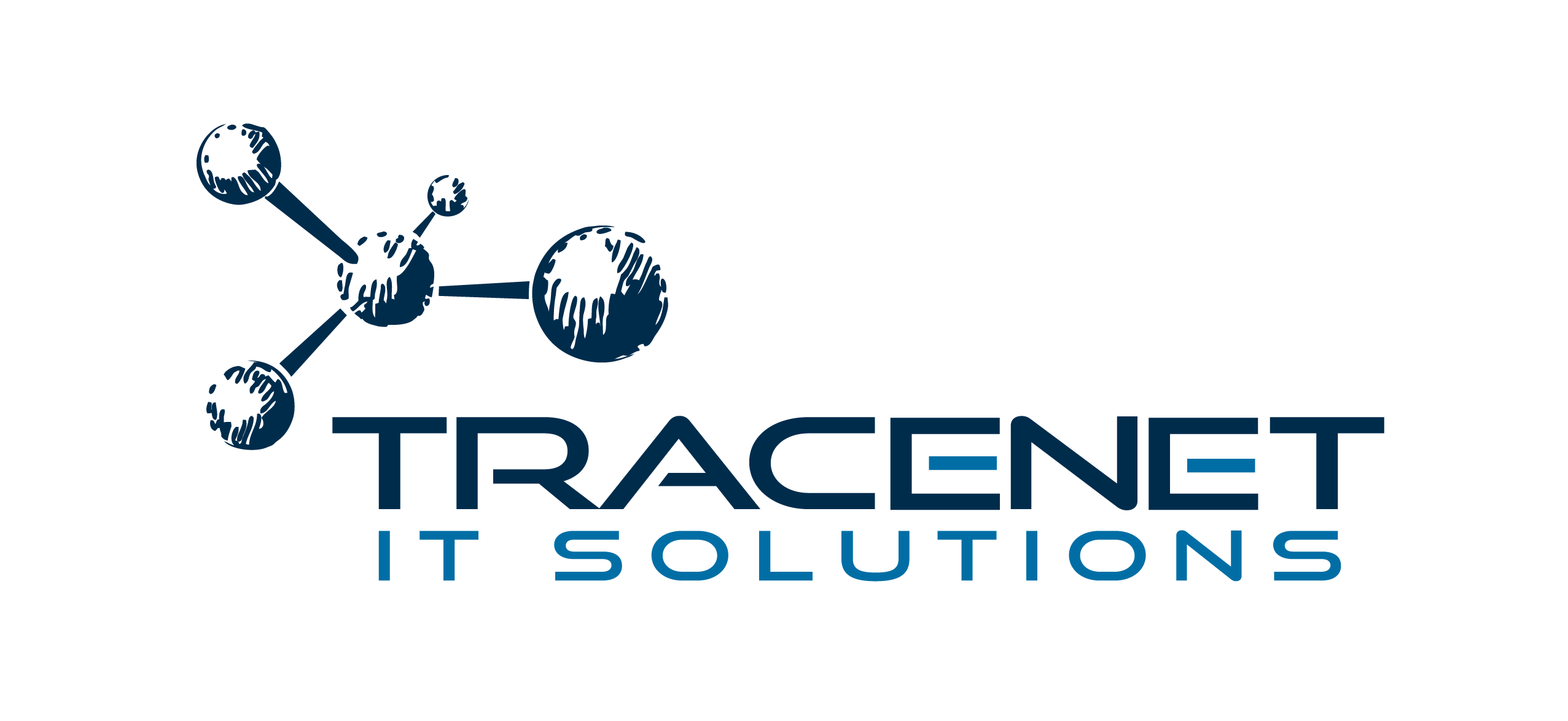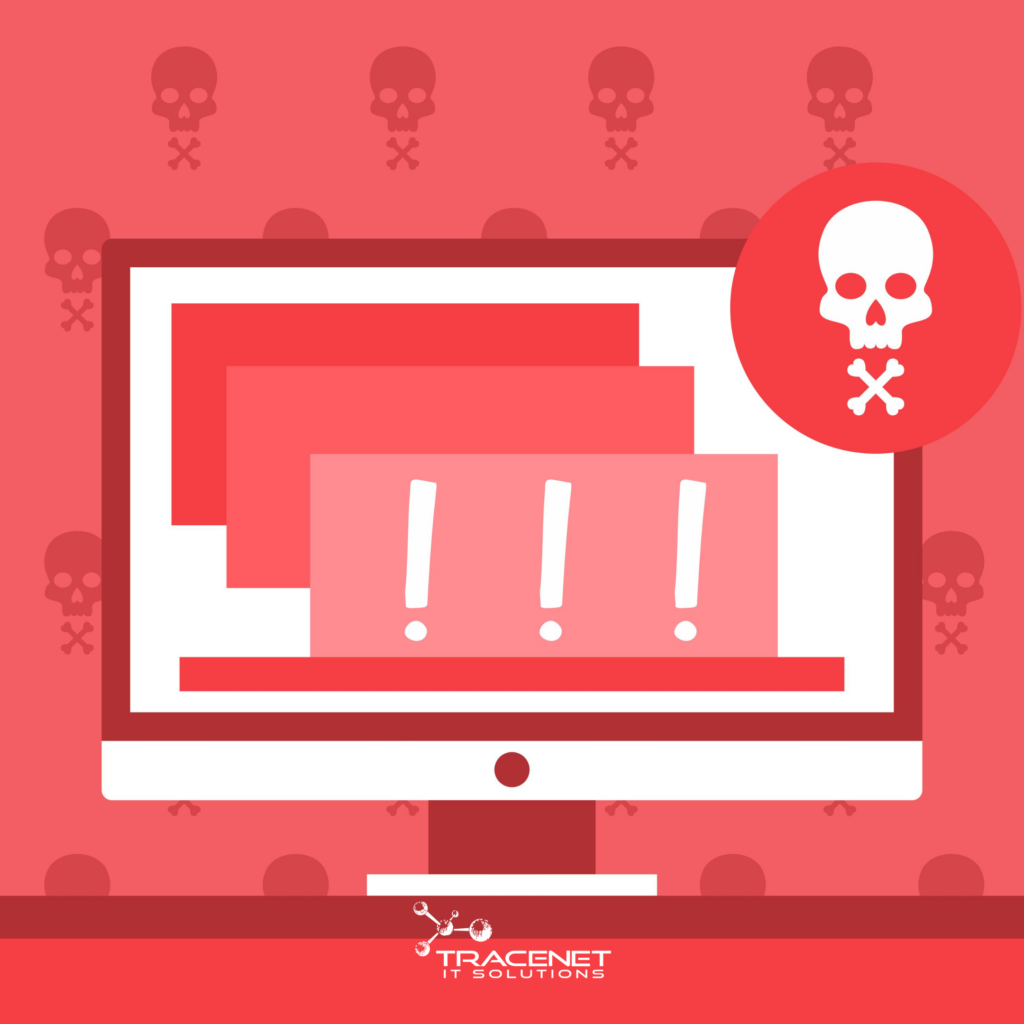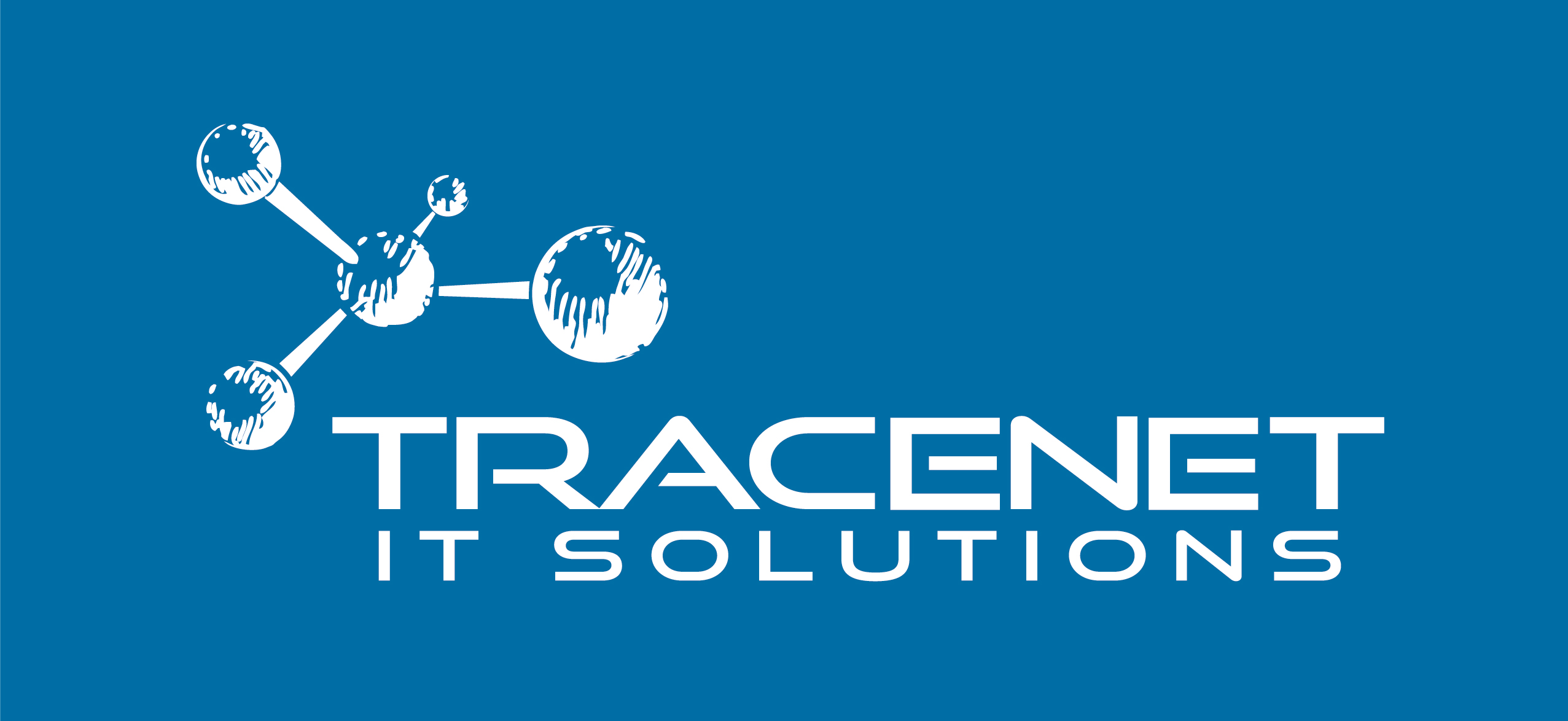Every day, new software programs are developed to help people and companies be productive in their goals. But as this growth happens, so does the use of software piracy, which is a problem on a global scale.
In a nutshell, software piracy consists of the illegal copying of software and its use or reproduction. In this sense, using software differently to the original can lead to a series of risks and penalties for users.
Shall we learn more about this? See what software is, how it works, why it’s important and, finally, learn about the risks of software piracy in today’s content!
What is software?
Software is a set of instructions or computer programs that enable electronic devices to perform specific tasks. They are essential for the operation and functionality of computers, smartphones, tablets, smart devices and a variety of electronic systems. There are currently 2 types of software:
- System Software: Responsible for controlling the operation of the hardware and providing a platform for running other software. Examples include operating systems such as Windows, macOS, Linux, iOS and Android.
- Application Software: Designed to perform specific tasks according to user needs. They can be used for productivity, entertainment, communication, design, development, etc. Examples include web browsers, text editors, games, social networking applications, among many others.
Software is written in programming languages such as C++, Java, Python, among others. These languages allow programmers to express instructions and logic that the computer can understand and execute.
This development process involves several stages, including requirements analysis, design, implementation (coding), testing and maintenance. During development, programmers write the software’s source code, which is then compiled or interpreted to generate the executable program.
When software is run, the operating system allocates hardware resources, such as RAM, processor, and input/output devices, to allow the software to function correctly. The software interacts with the user, processes, data, performs, calculations and carries out operations according to its purpose.
How important is software?
Software plays a very significant role in automating tasks, improving efficiency, communication, storing and processing data, creating digital content, among many other features.
They allow users and companies to carry out a wide range of activities, from simple day-to-day tasks to complex and advanced processes in various areas, such as business, education, science, entertainment, health, engineering, among others.
What are the risks of using pirated software?
Lack of technical support: legitimate software usually comes with official technical support, either via chat, telephone or email, to help users in the event of problems, doubts, or the need for technical assistance. In contrast, pirated software has no official support, which means that if you encounter a concern or need help, you won’t have access to reliable technical resources to resolve issues.
Limited features: pirated versions of software often come with limited functionality compared to their legitimate counterparts. This can result in an inferior user experience, with essential features missing or outdated. The lack of regular updates can also mean that you are missing out on new features, bug fixes and security improvements that are only available in legitimate versions of the software.
Operating system failure: pirated software can contain flaws and vulnerabilities that have not been fixed, increasing the risk of operating system instability. This can lead to frequent failures, unexpected crashes and data loss. Lack of compliance with security standards can also open up loopholes for cyberattacks, resulting in compromised operating system integrity and potential loss of control over the device.
Risk of ransomware infection: pirated software is frequently distributed by untrusted sources, increasing the risk of downloading malware, including ransomware. These types of attacks can block access to your data and demand a ransom to release it, causing major disruption and damage. Ransomware can spread quickly through pirated software, as hackers exploit known vulnerabilities and the lack of security updates to infect systems and networks.
Data leakage and/or loss: Pirated software does not offer adequate security and data protection guarantees. This can result in leaks of confidential information or irreversible loss of important data due to system failures, cyberattacks or file corruption. The absence of robust security measures, such as data encryption and regular backups, significantly increases the risk of exposure to threats that can compromise the privacy and integrity of the data stored in the system.
Investing in legitimate software is not only an ethical practice, but also a crucial measure to ensure the security, stability and proper functionality of systems and data. Software piracy not only exposes users to a range of risks and vulnerabilities, but also contributes to the sustainability and ongoing development of the technology and software industry.



